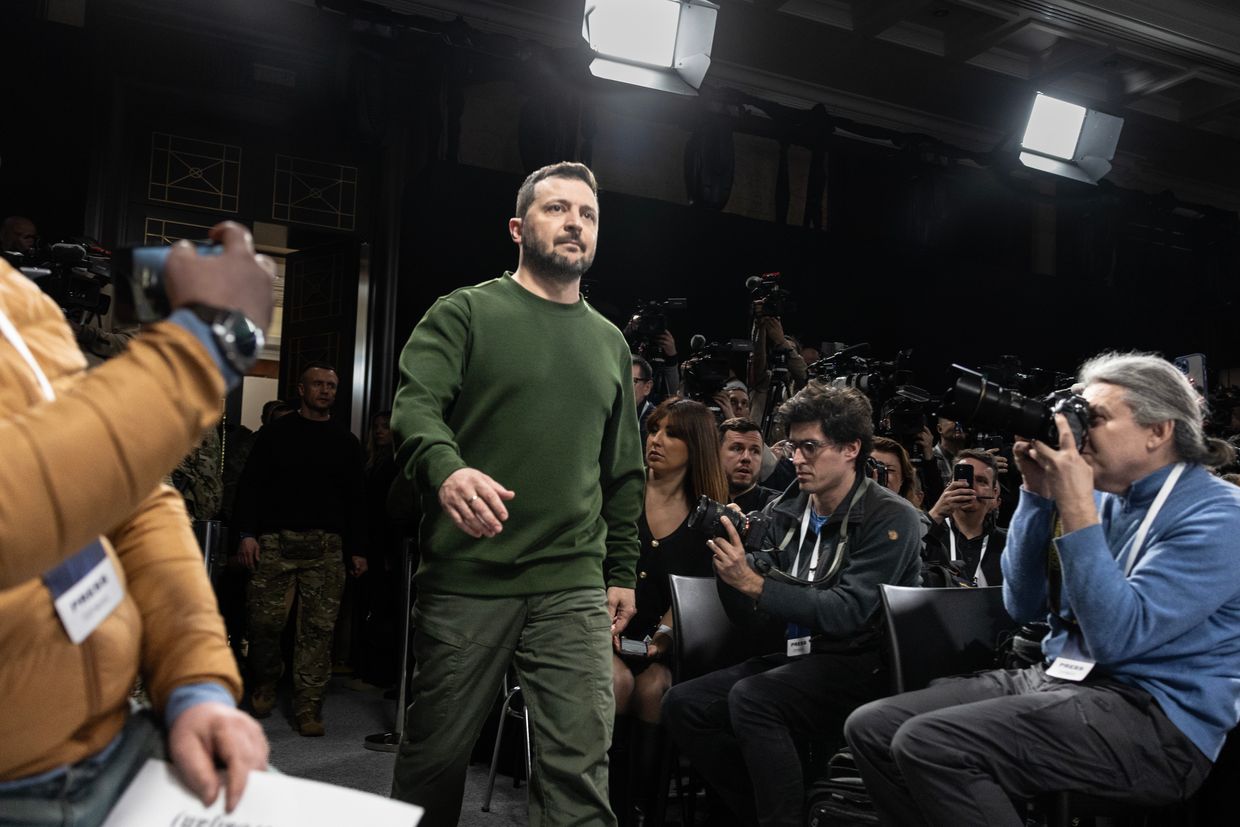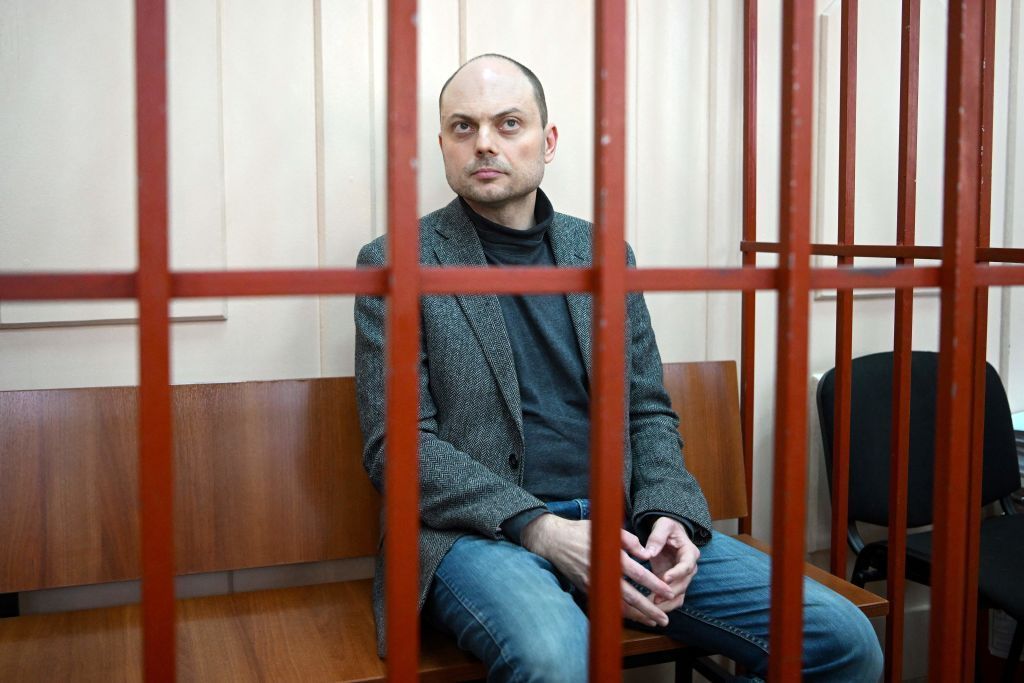Russian courts issued arrest warrants last month for three exiled journalists, a move analysts interpret as an attempt to harass critics beyond the country's borders.
On June 17, a Moscow court ordered the arrests of Ekaterina Fomina and Roman Anin, accusing them of spreading what the Kremlin considers false information about the Russian military.
In a separate case on June 27, a court issued an arrest warrant for Farida Kurbangaleyeva, charging her with justifying terrorism and disseminating what Moscow deems false information about the Russian military, Voice of America (VOA) reported.
Kurbangaleyeva has reported for both Russian and international channels and runs a YouTube channel where she interviews Ukrainian and Russian politicians, according to reports.
Since its full-scale invasion of Ukraine in 2022, Russia has intensified repressive tactics against journalists both within and outside the country, according to watchdogs. While arrest warrants issued in absentia are considered less severe than other forms of harassment such as poisoning and surveillance, experts view them as part of Moscow's broader strategy of transnational repression.
These warrants not only aim to intimidate exiled journalists but also serve as a signal to Russia's domestic audience that criticism will not be tolerated, Grady Vaughan of Freedom House in Washington explained to VOA.
"It does send the message that just because this person left Russia doesn’t mean we forgot about them," Vaughn told VOA.
According to a 2023 report by Freedom House, Russia is one of at least 26 governments that have targeted journalists and critics abroad over the past decade.
Karol Luczka, who covers Eastern Europe at the International Press Institute, told VOA that this practice might be aimed at meeting internal management quotas for repressing journalists, activists, and dissenting figures within specific timeframes.
Luczka noted that on Friday evenings, Russia's Ministry of Justice often updates its list of "foreign agents," typically adding four or five names, frequently including journalists.
Arrest warrants can also "contribute to discrediting journalists among [Russia’s] own population," according to Luczka.














